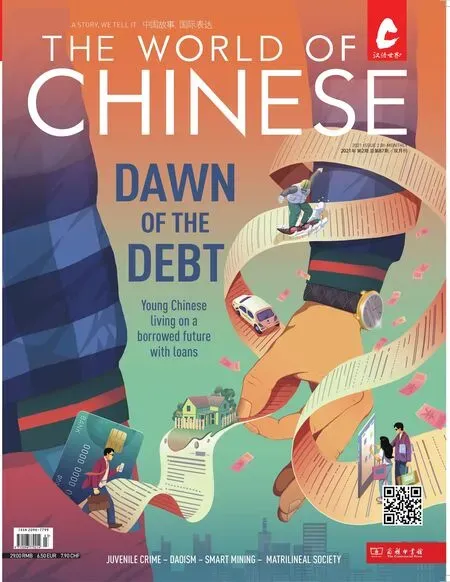XIAO JIA:YOU ARE ONLY SEEING THE BEGINNING
“WHEN ABLE-BODIED WOMEN ARE FIGHTING FOR EQUAL PAY, WE ARE FIGHTING TO GET PAID.WHEN THEY ARE FIGHTING FOR EQUAL DISTRIBUTION OF DOMESTIC WORK WITH THEIR HUSBAND, MANY OF US CANNOT DO HOUSEWORK,OR HAVE A HUSBAND.”
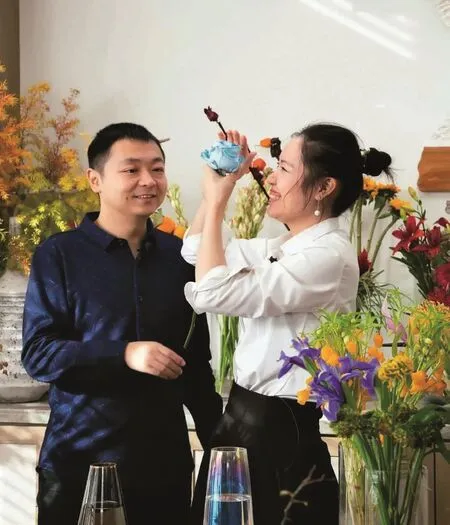
Xiao Jia is the first non-visual makeup artist in China.Once, during an interview with a journalist, she was asked if it was a shame she has never seen her daughter.The question struck her immediately—is it only possible to “see” with sight?
At 14, Xiao was diagnosed with retinitis pigmentosa, a visual disease with symptoms of decreased night vision, loss of peripheral vision, and eventually vision loss.She initially coped by disordered eating, as well as planning to end her own life upon turning 20, when doctors predicted she would lose all remnants of her sight.She figured she could at least spend six more years with her dad this way.
When she turned 16, Xiao was placed in a school for the visually impaired.It was her father’s idea for her to become a masseuse and one day own a massage parlor.Massage is the most widespread of the (few)employment options for the visually impaired in China, a trade supported by government-run training programs and special schools.
But Xiao experienced constant sexual harassment in the massage industry: forced physical contact, face and genital touching by the client, and requests to have the lights off during massage.Xiao recalls one client who tried to grab her hair and rip her skirt.Harassment even came from her male co-workers.
Xiao was on the point of taking martial arts classes to protect herself,but then encountered the One Plus One Disability Group.Their podcasts,which featured disabled people telling stories of defying stereotypesand excelling at tasks not expected of them, made her realize there is nothing that disabled people cannot do given proper accommodation.Eventually, Xiao decided to leave her home in Nanchang, the capital of Jiangxi province, to join the organization in Beijing at any expense.
At OPO, Xiao came to lead the Disability-Affected Women Support(DAWS) program, which works with women with disabilities and the female caregivers of disabled people.Their most wide-reaching project, “You Are Only Seeing the Beginning,”has gathered 1,600 disabled women in four regions of China for group activities such as cooking, excursions,seminars, or karaoke.These activities foster solidarity and community among the women, while challenging society’s perception of disabled women as “miserable and highly dependent,” said Xiao.
Yet Xiao feels movements surrounding female and disability empowerment are totally disconnected in China.She once led a project that aimed to join together disabled persons’ organizations and women’s organizations to combat genderbased violence.At a workshop, the two parties came to a stand-off: The women’s organizations were afraid the demands of disabled women would pose a “drag” on their momentum.
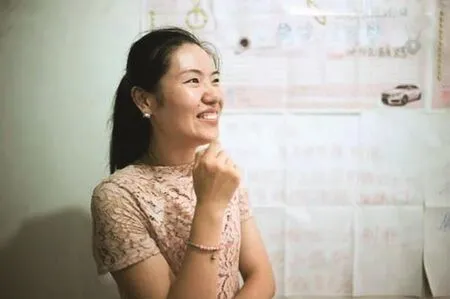
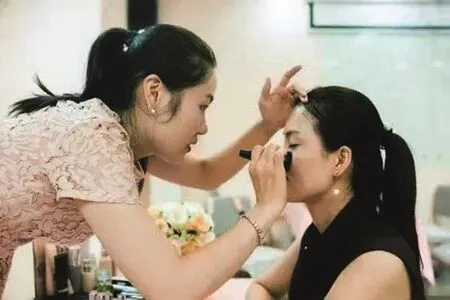
The outcome did not surprise Xiao.She explains most women’s movements aim to present able-bodied women as having “equal strength”to men.Mainstream discourses on gender equality focus on equal pay,equal distribution of domestic work,equal opportunities in the workplace,sexuality, choice, and the elimination of violence.
But apart from violence, the themes barely touch upon the core challenges faced by most disabled women.“When able-bodied women are fighting for equal pay, we are fighting to get paid,”says Xiao.“When they are fighting for equal distribution of domestic work with their spouse, many of us cannot even do housework, or even have a spouse.”

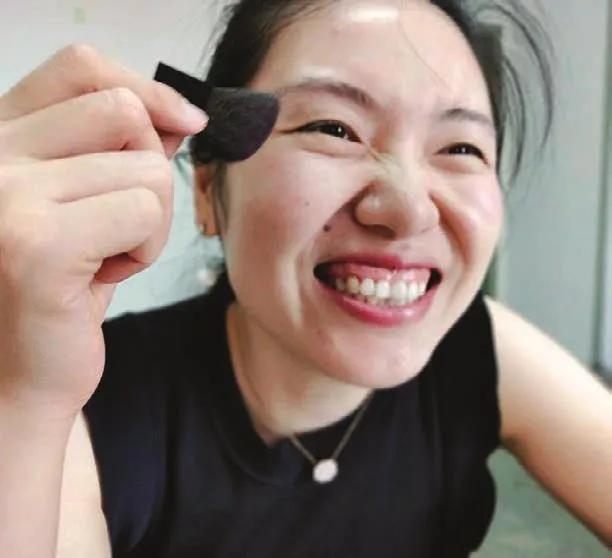
Xiao notes that international institutions also rarely express any accountability toward disabled women.The UN Convention on the Elimination of All Forms of Discrimination Against Women in 1979 failed to mention disabled women, and the Convention on the Rights of Persons with Disabilities(2006) does not comment on or acknowledge gender.
Xiao thinks it is wrong to perform a “simple addition” of disabled women’s platforms to women’s rights movements.“What we need is women’s rights as a minimum protection floor for all women,including women with disabilities;and from there, the recognition of the specific needs of disabled women,” she points out.“If the most marginalized groups are overlooked, it reinforces the discrimination.”
Discrimination and stereotypes are the most powerful when they are not seen as such, especially by those who are the victims.Xiao remembers a young visually-impaired woman who questioned the point of providing education for disabled girls.Xiao is often startled by disabled women who have internalized these stereotypes, who come to believe that being both female and disabled makes them “inferior,” and they can demand nothing from society since they “can’t give.”
“First and foremost we need to ‘wake up’ disabled women themselves.It’s not our fault, and certainly not a bad fortune, to be disabled, or to be female,” she says.“What’s at fault is all the barriers that society has constructed for being both.”

